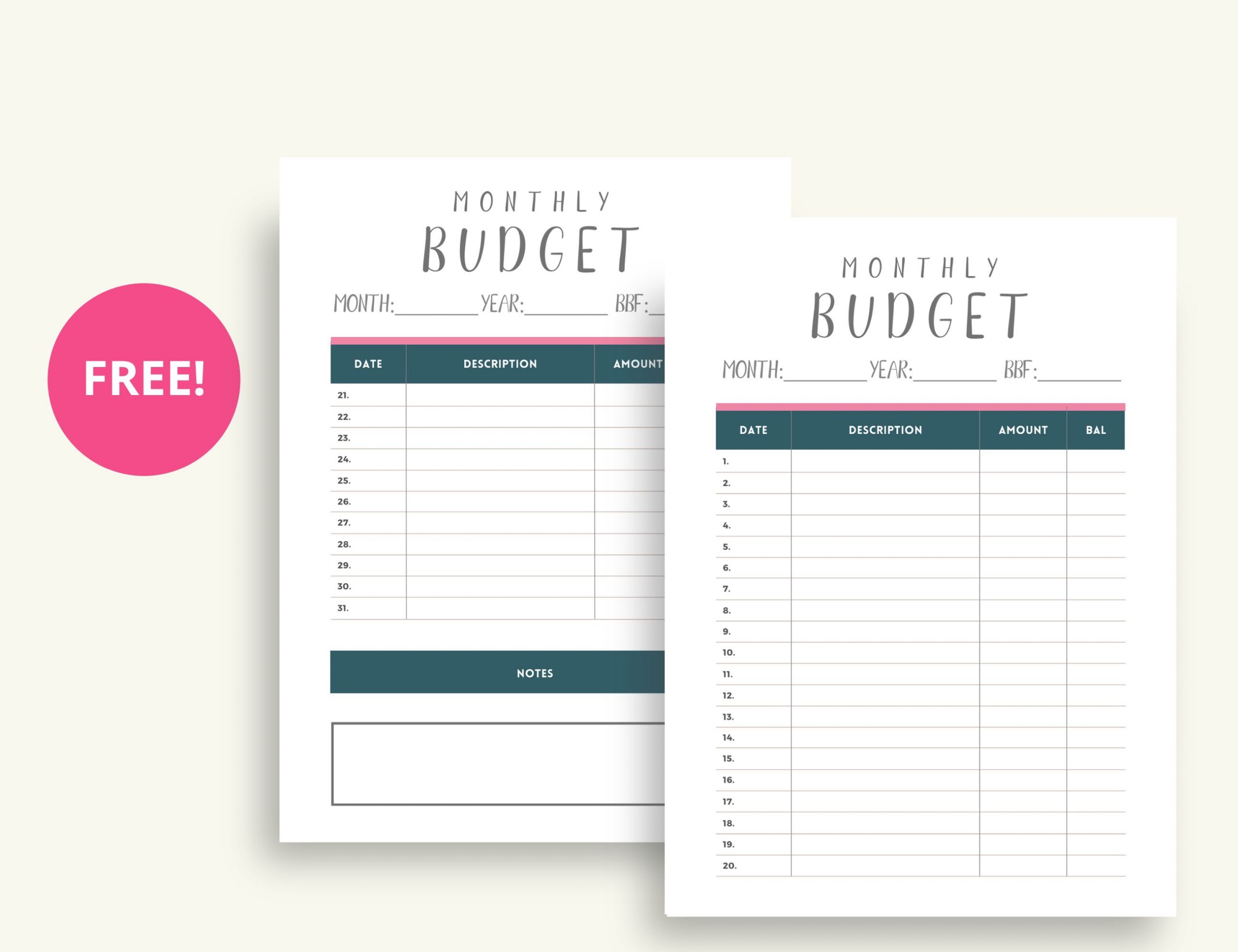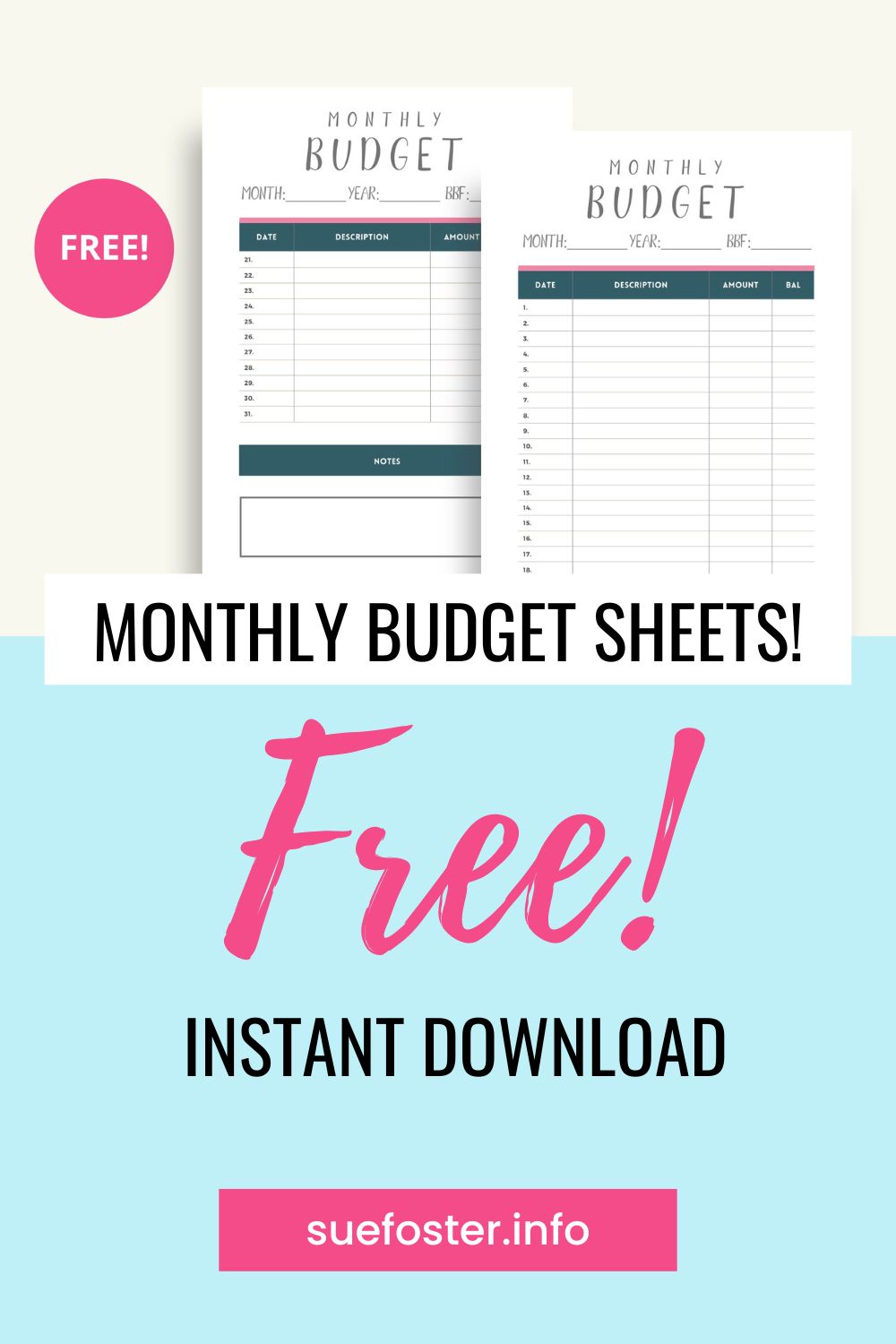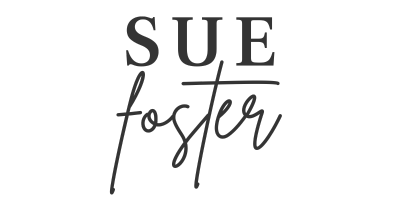Do you find yourself short of money each month due to overspending and having to use a credit card? Then it’s time to curb this habit by managing your monthly budget correctly.

We all have a limited amount of money each month, therefore, if we don’t keep track of our spending it’s easy to fall into debt.
A good habit to get into is to always make sure the following month’s outgoings are covered as well as the current month. Make sure the bank has enough credit to cover all your bills.
Direct debits can go out at varying times of the month. Ones that go out at the start of the month need to be covered, especially if you get paid at the end of the month.
I’ve created A4-sized Monthly Budget Sheets to help with managing your monthly budget by working out what money is left when money comes in or out. Save it to your computer and print it out when needed.
How To Use The Monthly Budget Sheet
Month
Write down the current month.
Year
Write down the current year.
Balance Brought Forward
Next to the month and year is ‘BBF’ (Balance Brought Forward) which is what you have left in your bank from the previous month.
Date
Add the date when any money comes in or out for that current month.
Description
Describe the money that is coming in or out of your bank, e.g. electricity, gas, wages.
Amount
Write down the amount that has gone out or come into your bank account. For a negative amount, just write a minus sign (-) in front of the amount so that you know.
Tip: Take off all your outgoings at the start of each month. Doing this will stop you from overspending.
Bal (Balance)
After you have added or taken away the amount, the balance is what you have left in your bank.
Budgeting this way is the best way to keep track of everything and you will know at a glance what you have money available.
If you have any money spare at the end of each month try to save it.
Cash Books
Alternatively use a little cash book to keep track of any spending activities, add your current account balance and record money in and out, track everything, as a result, you will rarely if ever overspend.
I hope that you find this Monthly Budget Sheet helpful. I suggest getting a ring binder or document wallet to store all the sheets in, this keeps you organised and you can check on your spending regularly.
Get your Monthly Budget Sheet below:
Pin Me!



It is such a good idea to budget a bit better throughout the month, having it all written out makes it all seem more achievable to stay within budget